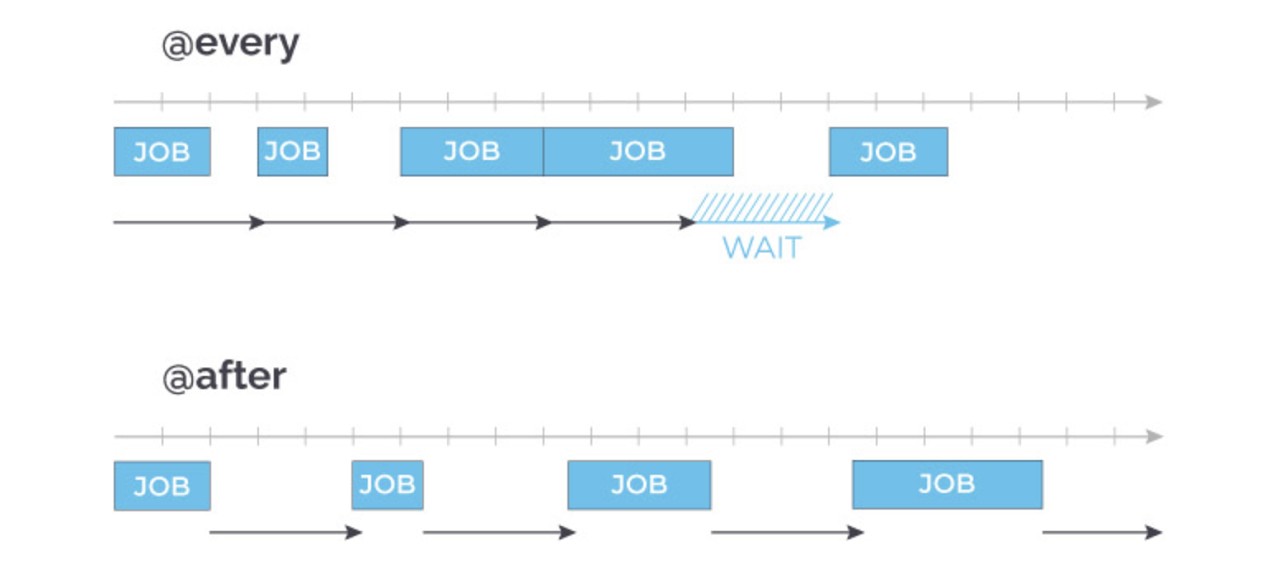#348 — March 25, 2020 |
Postgres Weekly |

|
|
pg_timetable 2.0: The Advanced Postgres Cron-Like Job Scheduler — We only linked to version one a few months ago, but v2 of pg_timetable is here. Why should you care? You can now mark jobs as Pavlo Golub |
|
PGCon 2020 To Be Online, Not in Person — Given developments in the past week, this is perhaps no surprise, but it’ll be interesting to see what they come up with. “Details will soon follow.” Dan Langille |

Free eBook: How to Get a 3x Performance Improvement on Your Postgres Database — Learn our best practices for optimizing Postgres query performance for customers like Atlassian and how to reduce data loaded from disk by 500x. pganalyze sponsor |
|
PGSync: Sync Postgres Data Between Databases — Fast, aims to provide good security, and you can sync partial tables or groups of tables. The README shows off some interesting examples. Written in Ruby. Andrew Kane |
|
A Look at Embedded SQL in C for Postgres with Laurenz Albe |
|
Announcing an APT Package Archive for Postgres — apt-archive.postgresql.org is a new official archive of old Postgres packages covering versions back to 8.2.23 and Debian and Ubuntu versions back to around 2010. Christoph Berg |
|
Troubleshoot Postgres Performance with Datadog — Collect Postgres metrics and correlate them with related traces and logs for fast troubleshooting. Optimize performance with Datadog. Datadog sponsor |
|
The Big Difference Between PostgreSQL Documentation |
|
Building and Testing a REST API in Go(lang) with Gorilla Mux and Postgres — A thorough walkthrough of how to build a simple and well-tested REST API backed by a Postgres database using Gorilla/Mux, a popular Go request router. Kulshekhar Kabra |
|